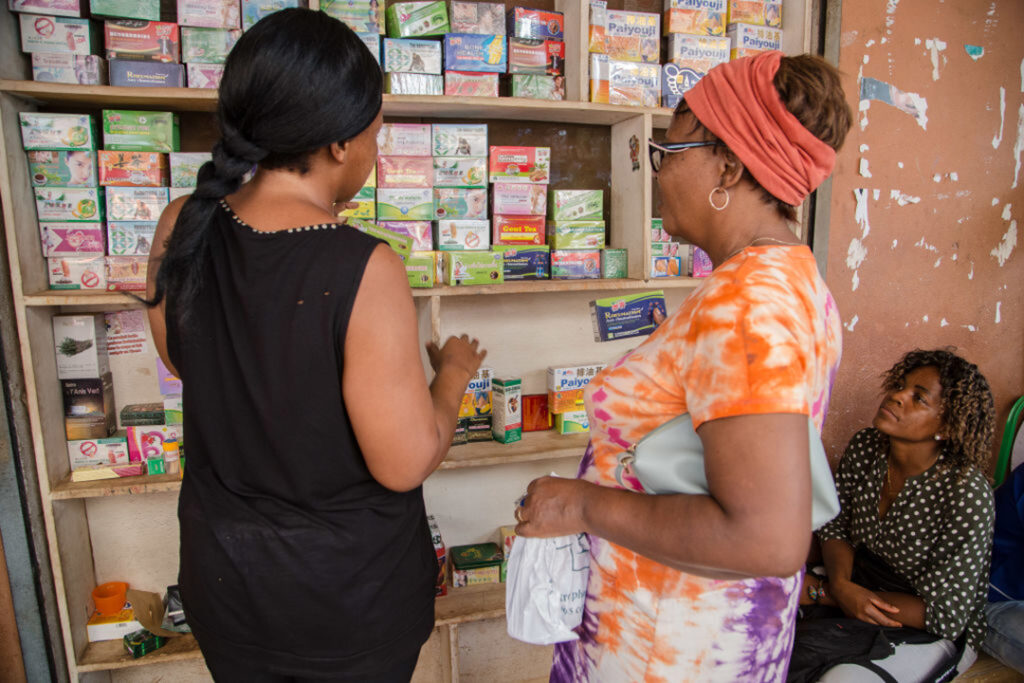ADF STAFF
China is promoting its traditional medicine to African consumers, a situation that critics say is increasing pressure on wildlife already threatened by high demand in Asia.
The growth in traditional Chinese medicine (TCM) in Africa runs parallel with the growth in China’s Belt and Road Initiative (BRI). The Belt and Road TCM Development Plan calls for building TCM centers worldwide.
In recent years, Chinese TCM producers have begun setting up manufacturing operations in Africa to get around export restrictions on some animal parts, according to a report by London-based Environmental Investigation Agency (EIA).
Expanding TCM in Africa increases the pressure on African plants and animals because many of those same plants and animals are also used in traditional African medicines.
It’s that similarity that TCM makers hope will help them attract consumers, particularly as Africans seek treatments for the COVID-19 pandemic. There has been no scientific evidence that any TCM remedies effectively treat COVID-19.
Even as TCM poses a threat to Africa’s wildlife, it also presents a real health risk, according to Dr. Sultan Matendechere, head of Kenya’s National Public Health Institute.
“Our main concern is that the use of herbal medicine is not as regulated as we would want it to be,” Matendechere told Voice of America.
Poor regulation can lead to TCM projects being contaminated with other, potentially deadly, chemicals, including commercial drugs that go unrevealed to the user, according to a study conducted in Hong Kong and published in the British Journal of Clinical Pharmacology.
A wide range of TCM products are easily available across the continent. TCM has been approved for use in Kenya, Namibia and South Africa, among other countries.
The EIA says 2,000 TCM practitioners are operating across 45 countries in Africa, thanks to support from the Chinese government.
“Unfettered growth of TCM, however, poses a serious threat to biodiversity in Africa, all in the name of short-term profit,” the EIA authors wrote in their report, “Lethal Remedy.”
The aggressive push for TCM in Africa poses a direct threat to the future of some of the continent’s most endangered species, the authors said.
“While only a small portion of TCM formulas use animal ingredients, the sheer size of the consumer base has made consumption of TCM a significant cause for the decline of species including tigers, leopards, pangolins and rhinoceros,” the EIA reports.
The demand for TCM components continues to drive poaching across Africa. Poachers often work for Chinese-led organized crime groups that then traffic materials to Asian markets.
Malawian authorities broke up one such criminal gang in 2020 that they believe had operated in the country for a decade. A court sentenced the seven members to a collective 56 years in prison.
“There is considerable risk that TCM expansion under the BRI could exacerbate the involvement of criminal networks in wildlife trafficking in Africa,” the EIA report says.
In 2021, South Africa outlawed the practice of raising lions for their bones, which have been used in place of tiger bones in TCM. It also banned the commercial use of lion parts.
By setting up African manufacturing facilities, TCM pharmaceutical companies aim to circumvent restrictions designed to stop trafficking of animal parts to Asia, EIA said.
China has made expanding TCM in Africa part of its national strategy through 2030. The plan’s goals include building TCM centers, training local practitioners, developing new customers, and finding new TCM ingredients, potentially among ingredients already used in traditional African medicines.
Some businesses already sell yohimbe bark and moringa seeds used in traditional African medicine as health supplements in China.
“Without essential safeguarding regulations in place, the extraction of African wildlife and plants could quickly outstrip their populations in order to feed the expanding global demand for TCM,” the EIA reports.

